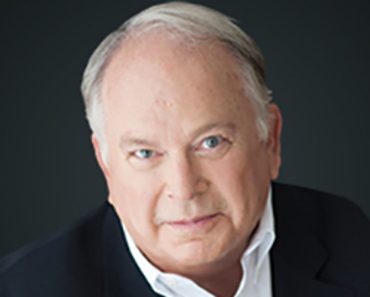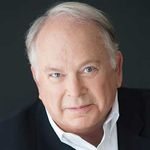[ad_1]
A few things really do improve over time. The reputation of the American travel agent is one prime example.
I remember being shown a highly confidential survey by a supplier marketing executive when we were both working for the same company.
This was a few decades ago, but I still remember the part where the public ranked travel agents with the same score they gave used car dealers. The reasons were not hard to understand: If you went into four travel agencies on the same block back then, you would likely get four different prices for the identical vacation package or cruise. Every agency had posters in their window, and they were all touting the best pricing in the neighborhood.
A lot has changed since then, and the storms we have weathered together have strengthened us. First, the Internet and then Covid were supposed to put us out of business. In truth, of course, our ranks were reduced by about 40%. But the travel “Survivor” show continued, and now, poll after poll shows increasing support for using a professional advisor when planning a journey out of the traveler’s immediate comfort zone.
We even came to terms with terminology. ASTA changed “agents” to “advisors” in its name. Many of us are now “consultants,” some of us are “dream makers” and all of us ascribe to being several steps up from the travel agent of the 1950s.
For me, the terms are rather interchangeable, and I am not sure that the public particularly cares what we call ourselves. But I do think that everyone in our profession wants to be goal-oriented, and for me the goal is to achieve “TA” status: a “trusted advisor.”
A trusted advisor stands alongside other professionals that families have come to depend on. The trusted travel advisor needs to be able to sit down at the dinner table as an equal with the family’s physician, accountant, attorney and, perhaps, wealth advisor.
The trusted advisor has formed a personal relationship. It isn’t all about business. A travel professional might reach out to clients to see how they are. A travel professional might even schedule an annual “travel checkup” to talk about the future, bucket lists and safety concerns. A trusted advisor is always available in an emergency, and clients always have an emergency number they can call.
This year, my company is recording average transactions of just over $25,000. But our clients are traveling, on average, 1.4 times per year. So, let’s say that is an average annual spend of $30,000. Is that a lot less than they are spending with the other professionals in their lives?
I don’t think it is. I think that we all have many clients who spend significantly more with us in a year than they spend with other trusted professionals who they rely on to serve other needs.
Some would argue, I suppose, that I have no right to associate travel advisors with physicians or financial advisors. We are “selling.” And if we thought others were “selling” rather than consulting with the client’s/patient’s interests in mind, we would likely drop them quickly.
Call me naive, but I do believe that the other trusted family advisors who form a protective circle around our clients strive to place their clients’ needs ahead of “selling.” I am starting to hear from colleagues who claim that advisors on staff or as contractors really do put the needs of the clients ahead of profit. And some owners are encouraging this.
Perhaps it is time for us to talk openly about this issue. Some of us have been offering genuine fiduciary services to clients for years while never officially making the claim.
Do we seriously think that AI is anywhere close to fulfilling that role?
[ad_2]
Source link

